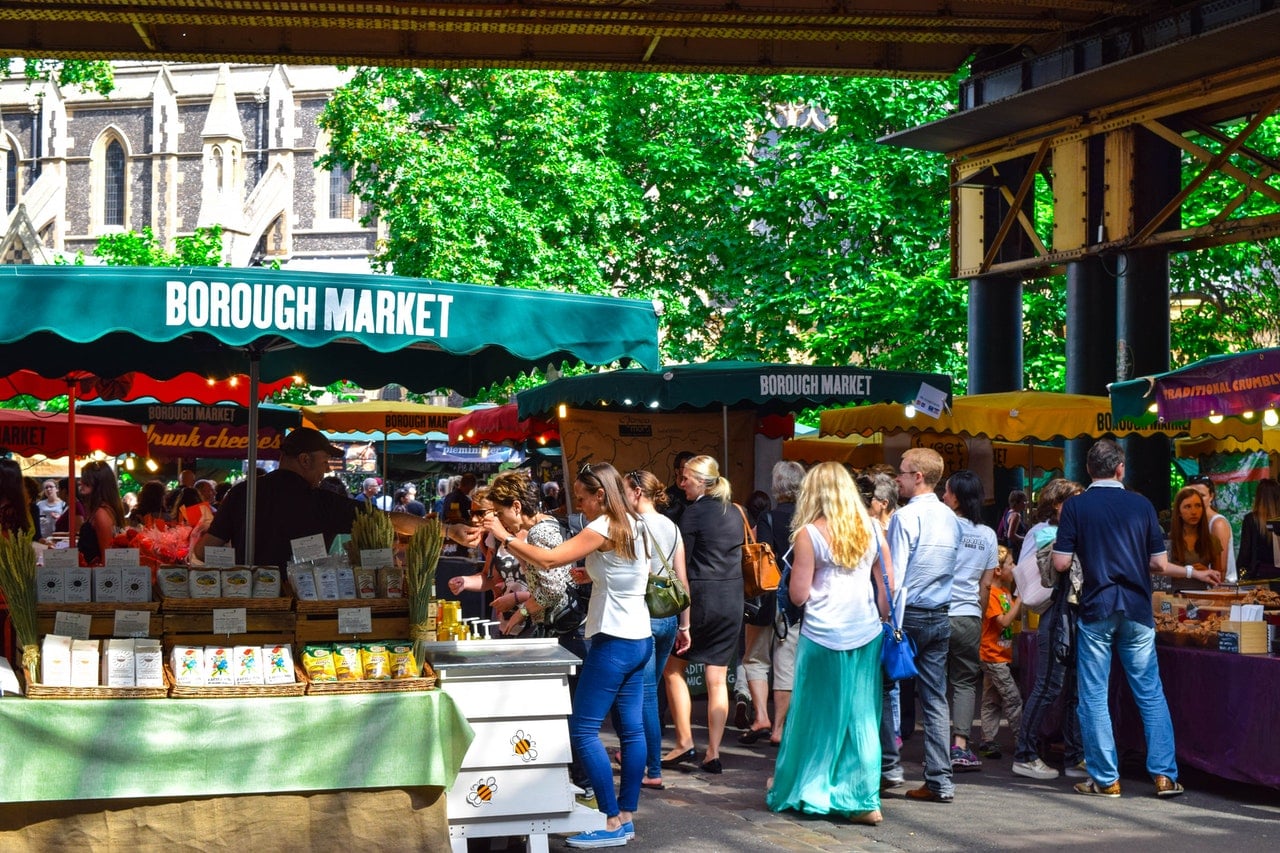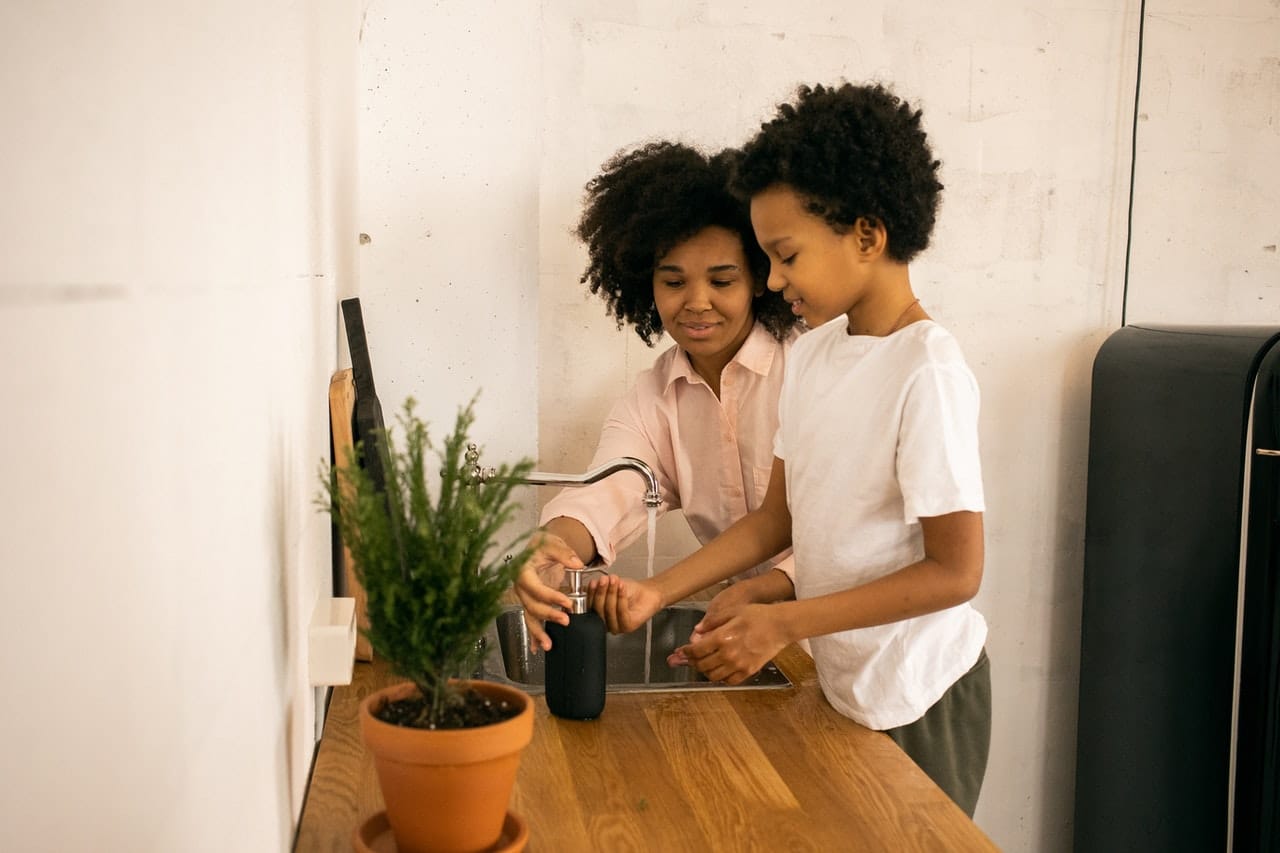
A Guide to Eco-Friendly Shopping: Tips to Make it Happen

Everyone wants to live a more sustainable life. It’s unlikely most people are truly aware of how climate change and landfills are affecting the earth, though. Unless you adopt an out-of-sight, out-of-mind attitude, living sustainably is a simple necessity in such uncertain times. But how do you get started building healthy and eco-friendly habits? Let’s start by changing our shopping habits, to enable a new eco-friendly lifestyle.
Shop Local
Shopping locally means less fuel is used moving goods and food long distances, and less fuel is used to cool warehouses and trucks. It also means more money stays in your local community, enriching your neighbors instead of corporations in a far off city or country. Farmers’ markets are a great way to ensure you are both buying local, and also getting the freshest produce and products.

Look for Seasonal Produce
Seasonal produce is always going to be the freshest option, but not always simple to find! Some families like to spend a Saturday at a local pick-your-own farm, where you can get the freshest berries or fruit, and also spend the day outdoors! Farmers markets are great for finding the freshest seasonal produce and are found in almost every area. You can generally find very reasonable prices and these locales tend to use less plastic than grocery stores!
Limit Your Online Orders to Once a Week
We love the convenience of online marketplaces like Amazon, but resist the temptation for immediate satisfaction, and use the green shipping option at check out. By choosing this option, you are telling Amazon (or whatever platform you use) to consolidate all your orders into one box. Green shipping options are becoming more common on other websites as well, so remember to look for the green-shipping option!
Bring Reusable Shopping Bags
Did you know switching to reusable shopping bags is estimated to save between 100-700 bags per year? That’s a pretty significant number! Bringing cloth or reusable shopping bags to the store with you means both a more eco-friendly lifestyle, and less plastic or paper bags cluttering up your home. Keep a few in your trunk so you’ll always have bags when you need them!

Use Recycled Packaging
More enterprises are leaning toward recycled packaging in 2021, due to a demand from their customers. Of the many troubling statistics about plastic waste is the knowledge our yearly plastic waste could circle the earth 4 times! This is simply too much waste – it’s undeniable. Look for the label on the package indicating the packaging is made from recycled material, and support the companies supporting your eco-friendly lifestyle.
Buy In Bulk
Buying in bulk means you will always have a little extra on hand in emergencies. It also means fewer trips to the store and less individual packaging required for each product. Bulk stores like Sam’s Club or Costco are great places to get bulk food and necessities like socks. If you buy online, use a tool like the USPS Shipping Calculator to easily price out how much you will save by ordering in bulk, and remember to choose a business with a green shipping option!
Buy Second-Hand
Second hand clothes are less expensive, and are a great way to maintain an eco-friendly lifestyle. Check out local second-hand stores, or donation centers, for lightly (and sometimes heavily) used second-hand clothing or appliances. If you choose the right thrift store, you can often find name-brand and even luxury goods, at a fraction of the price of buying it new. With a bit of patience, you can usually dig up a treasure or two in your search!
Try to Minimize Waste with a Minimal Lifestyle
Reuse or recycle everything you can in your home. Everything from empty egg cartons to plastic take out boxes are great for storage. Try composting leftovers to create great fertilizer for your plants. A minimal lifestyle doesn’t mean living without comforts, it means buying more sustainable products designed to last a life-time, and keeping your home, shopping cart and mind clutter-free.
US households made an average of 1.6 trips to the grocery store per week in 2019, and spent about 10 hours shopping for household goods per month. By consolidating your shopping and following these other lifestyle-tips, you could potentially eliminate half of your packaging and fuel waste! Living eco-friendly is proven to be easier on your bank account, and contributes to creating a sense of well-being and confidence. Good luck with your new eco-friendly lifestyle!



Post a comment